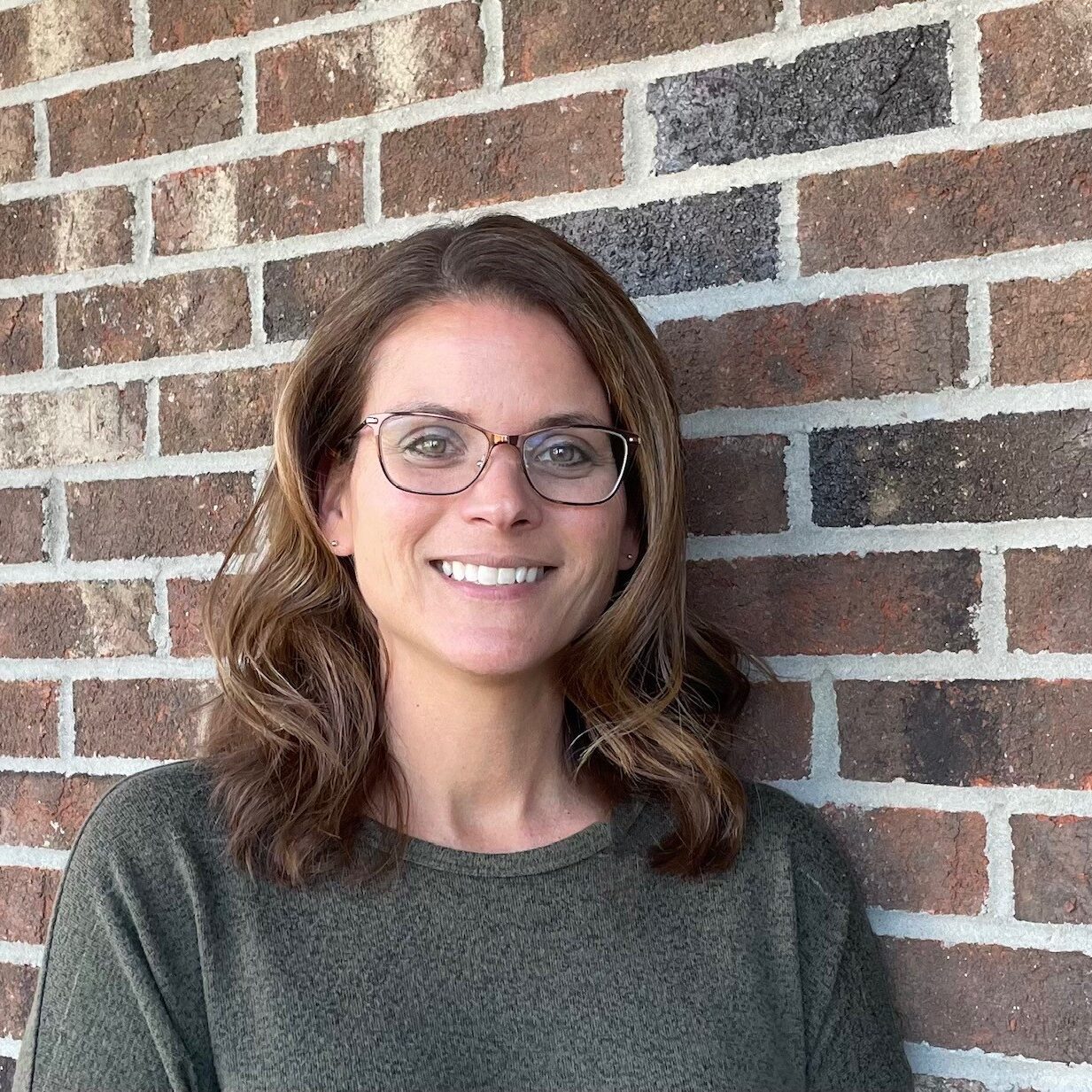
ABOUT THE AUTHOR
Catherine Krivitsky
OhioKAN Navigator
Catherine has dedicated her career to supporting children, youth and families in transition. Most recently, she served as the McKinney-Vento Homeless Liaison for Calvert County Public Schools in Maryland. In this position she worked with students experiencing homelessness, some of whom were in informal kinship care. She is passionate about connecting families to local community resources to help provide stability for children. Catherine has a bachelor’s degree in Psychology from Michigan State University and a Master’s in Social Work from Washington University in St. Louis.
When we think of homelessness, we typically think of adult men and women we’ve seen on the streets in metropolitan areas. We don’t usually envision families with children who have lost their housing because of economic hardship or natural disasters — families who may be staying in a shelter, in their car, on a friend or relative’s couch, or in a motel.
Ohio public school data reported to the U.S. Department of Education during the 2018-2019 school year shows that an estimated 32,780 public school students experienced homelessness over the course of that year.
When faced with homelessness, parents sometimes seek refuge for their child by asking a relative or friend to take in their child. This is one type of informal kinship care. A relative or friend may agree to care for the child while the parent is homeless to provide stability for that child until permanent housing can be secured.
Taking in a child due to homelessness can be overwhelming, especially if they are school-aged. Suddenly the caregiver, who may not have the child’s birth certificate or immunization records, needs to figure out how to enroll him/her into their local school, or perhaps how to transport the child to the school they are already enrolled in. The child may need school supplies, clothing, or help with school fees that might exceed the caregiver’s budget. The child may also need additional academic support due to school disruption.
If you are caring for a school-aged child as a result of their parent’s homeless status, there are resources available to support that child educationally. The McKinney-Vento Act is a federal program that provides educational supports to children experiencing homelessness. Each school district in Ohio has a designated staff member to ensure that children and youth experiencing homelessness enroll and have a full and equal opportunity to succeed in school. Reach out to your school district’s McKinney-Vento liaison to see what kind of support might be available to assist the child in your care.
Visit the following website to learn more about the McKinney-Vento Act and how to contact your local school district’s homeless liaison:
https://education.ohio.gov/Topics/Student-Supports/Homeless-Youth


















